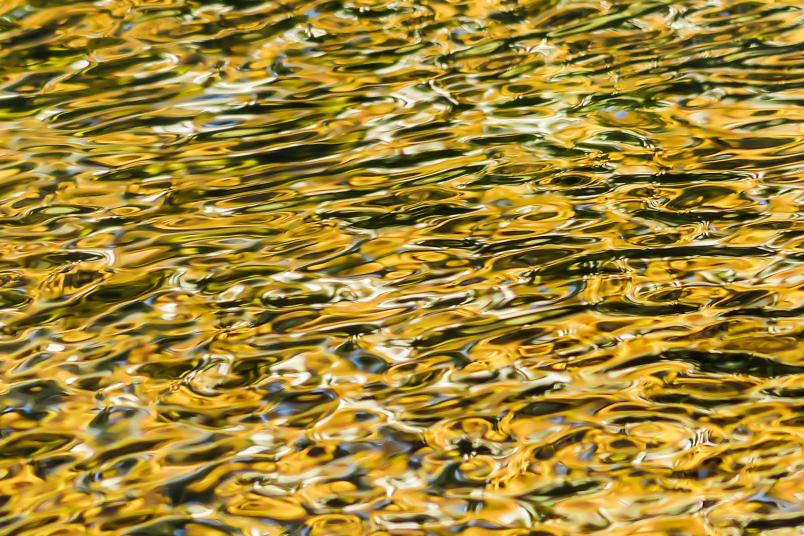
Chemistry
Water molecules are gold for nanocatalysis
Some catalysts show remarkable high activity. Thanks to water.
Nanocatalysts made of gold nanoparticles dispersed on metal oxides are very promising for the industrial, selective oxidation of compounds, including alcohols, into valuable chemicals. They show high catalytic activity, particularly in aqueous solution. A team of researchers from RUB has been able to explain why: Water molecules play an active role in facilitating the oxygen dissociation needed for the oxidation reaction. The team of Professor Dominik Marx, Chair of Theoretical Chemistry, reports in the high-impact journal ACS Catalysis on 14 July 2020.
Mind the water molecules
In a 2018 study, the RUB group of Professor Dominik Marx, Chair of Theoretical Chemistry and Research Area coordinator in the Cluster of Excellence Ruhr Explores Solvation (Resolv), already hinted that water molecules actively participate in the oxidative reaction: They enable a stepwise charge-transfer process that leads to oxygen dissociation in the aqueous phase. Now, the same team reveals that solvation facilitates the activation of molecular oxygen (O2) at the gold/metal oxide (Au/TiO2) nanocatalyst: In fact, water molecules help to decrease the energy barrier for the O2 dissociation. The researchers quantified that the solvent curbs the energy costs by 25% compared to the gas phase. “For the first time, it has been possible to gain insights into the quantitative impact of water on the critical O2 activation reaction for this nanocatalyst – and we also understood why,” says Dominik Marx.
The RUB researchers applied computer simulations, the so-called ab initio molecular dynamics simulations, which explicitly included not only the catalyst but also as many as 80 surrounding water molecules.